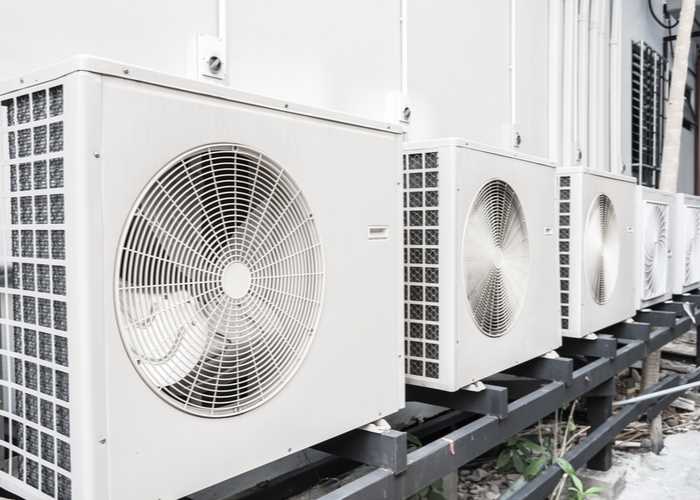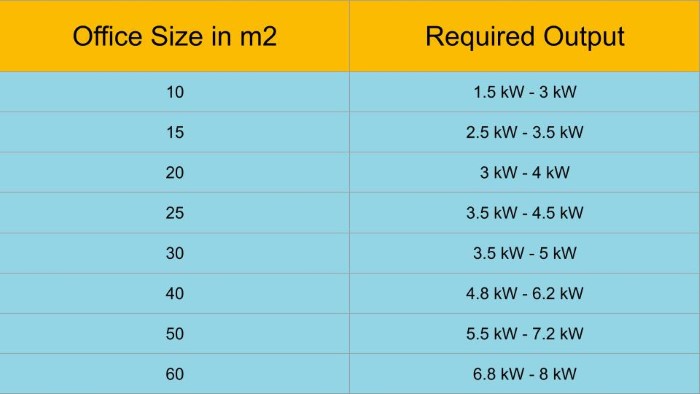Having the right air conditioning system installed in your business premises has multiple benefits. It’s not just about keeping staff, customers and visitors cool on those hot summer days - it’s about creating the ideal temperature year round, better air quality, and adequate ventilation.
All of the above contribute to employee wellbeing, boost productivity, and protect your business assets, so with that in mind here’s our guide on how to choose a system best suited to your needs.
There are several types of commercial air conditioning systems, all of which can be configured to suit varying applications. The most common are:
This is, of course, a very generic overview. System design requires professional knowledge and expertise, but you can get the process rolling by addressing some key questions.

Are you looking for cooling only, or do you want both heating and cooling functionality for seasonal temperature control? Almost all modern units do both, but it’s important to consider the heating system you already have in place, and if there are energy efficiencies to be had with the installation of an alternative.
Whichever system you choose, you’ll need adequate space to house the external unit or units, and this space needs to be clear of anything that may obstruct airflow. Single split systems, for example, require one external unit for every indoor unit, whereas with a multi split, a single external unit can serve up to nine indoors. Accessibility is also key here, as your air conditioning will need regular maintenance to ensure it continues to operate efficiently.
AC systems do far more than regulate temperature, they also remove dust particles and pollutants from the air they circulate. Different environments will require different levels of filtration - for example, industrial applications will have far greater need here than standard office air conditioning can meet.
The right ac system depends on the purpose of the space it serves. Take a data centre as an example here. The heat generated by the electrical equipment housed in such a space means greater cooling capacity is required, as well as effective control of variables like air quality and humidity. This differs significantly from a retail space or restaurant say, where customer comfort is the primary concern.

There’s no definitive formula for calculating the required capacity for a commercial air conditioning system, but for a general rule of thumb guide, see the table opposite. It’s based on an open plan office space with basic temperature control needs.
The capacity you actually need will involve a more detailed calculation accounting for things such as ceiling height, typically occupancy, and any heat generating equipment present.
A good air conditioning supplier will work with you, advising not only on the most appropriate application for your needs, but also on the best equipment in terms of quality, reliability, and efficiency, so you can be sure of high performance at a reasonable cost.
